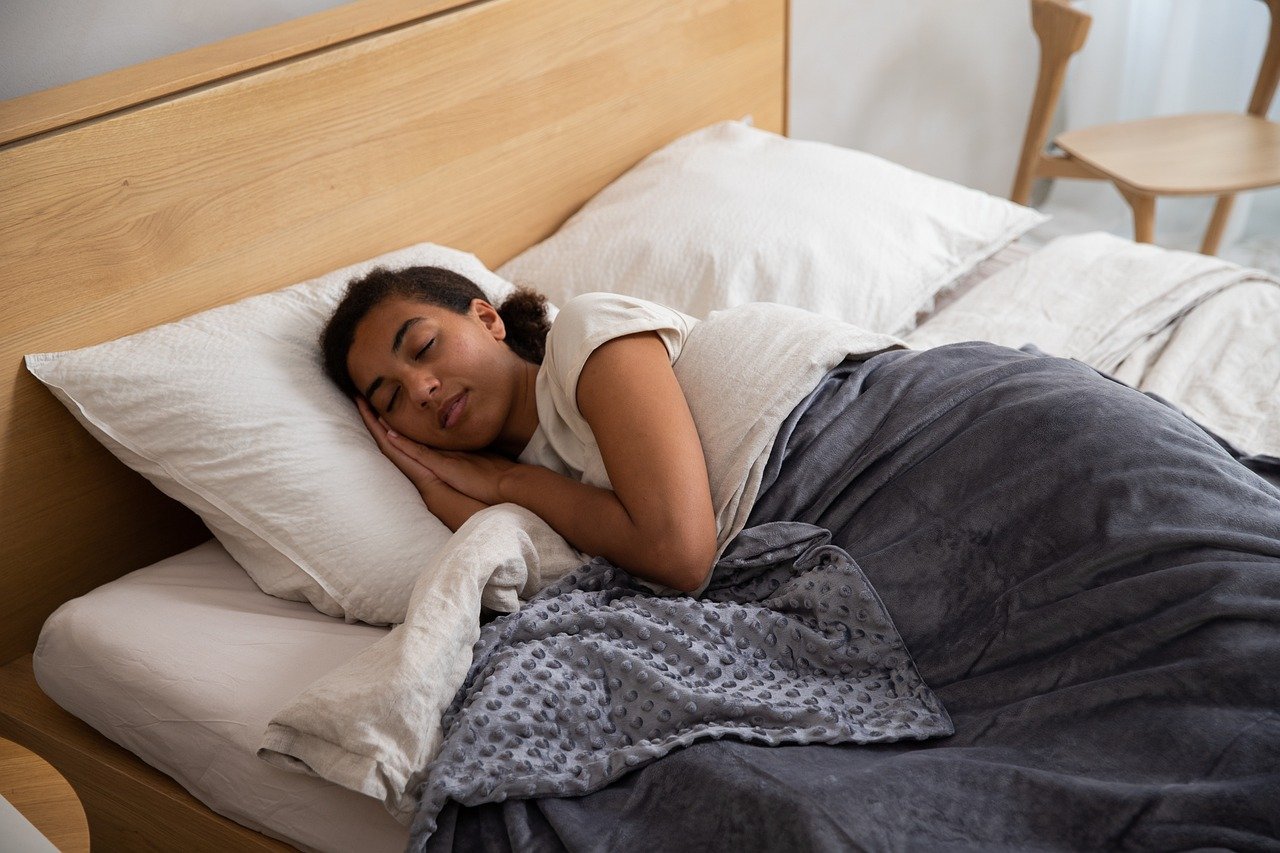Understanding Natural Options That May Support Better Sleep
Sleep disorders can significantly impact our daily lives, affecting our mood, productivity, and overall health. While medical treatments are available, many individuals prefer to explore natural alternatives first. This article delves into gentle, non-medical approaches that may help improve sleep quality and promote a more restful night's sleep.

What lifestyle changes can positively impact sleep quality?
Implementing certain lifestyle modifications can have a profound effect on sleep patterns. Regular exercise, particularly aerobic activities like walking, jogging, or swimming, can help regulate the body’s internal clock and promote better sleep. However, it’s essential to avoid vigorous exercise close to bedtime, as this may have a stimulating effect. Additionally, maintaining a consistent sleep schedule by going to bed and waking up at the same time every day, even on weekends, can help regulate your body’s natural sleep-wake cycle.
How does diet influence sleep patterns?
The foods and beverages we consume play a crucial role in our sleep quality. Avoiding caffeine, alcohol, and heavy meals close to bedtime can prevent sleep disturbances. Instead, opt for sleep-promoting foods such as those rich in tryptophan (e.g., turkey, milk, nuts) or magnesium (e.g., leafy greens, whole grains). Some people find that a light snack before bed, such as a banana or a small serving of yogurt, can help promote sleep without causing discomfort.
What relaxation techniques can help improve sleep?
Incorporating relaxation techniques into your bedtime routine can significantly enhance sleep quality. Practices such as deep breathing exercises, progressive muscle relaxation, or guided imagery can help calm the mind and prepare the body for sleep. Meditation and mindfulness practices have also shown promise in reducing insomnia symptoms and improving overall sleep quality. These techniques can be particularly beneficial for those who find their minds racing when trying to fall asleep.
How can the sleep environment be optimized for better rest?
Creating a sleep-conducive environment is crucial for promoting restful sleep. Ensure your bedroom is dark, quiet, and cool, with a temperature between 60-67°F (15-19°C). Invest in a comfortable mattress, pillows, and bedding that suit your preferences. Consider using blackout curtains, white noise machines, or earplugs to minimize disruptions. Remove electronic devices from the bedroom, as the blue light emitted can interfere with the production of melatonin, the sleep-inducing hormone.
What natural supplements may support better sleep?
In the United States, several over-the-counter supplements are commonly used to support sleep. Melatonin, a hormone naturally produced by the body, is widely available and may help regulate sleep-wake cycles. Valerian root and chamomile tea are popular herbal remedies that some people find calming. Magnesium supplements have also been associated with improved sleep quality. However, it’s crucial to consult with a healthcare professional before starting any new supplement regimen, as they may interact with medications or have side effects.
Which non-medical sleep aids are available in the market?
Several non-medical sleep aids are available to consumers seeking to improve their sleep quality. These products range from specialized pillows and mattresses to sleep-tracking devices and apps. Here’s a comparison of some popular options:
| Product/Service | Provider | Key Features | Cost Estimation |
|---|---|---|---|
| Calm App | Calm.com | Guided meditations, sleep stories, relaxing music | $69.99/year |
| Philips SmartSleep Wake-up Light | Philips | Simulates natural sunrise, multiple wake-up sounds | $99.99 - $199.99 |
| Weighted Blanket | Various brands | Provides deep pressure stimulation, may reduce anxiety | $50 - $300 |
| White Noise Machine | Various brands | Produces soothing sounds to mask disruptive noises | $20 - $100 |
| Sleep Tracking Wearable | Fitbit, Apple, etc. | Monitors sleep patterns, provides sleep quality insights | $100 - $400 |
Prices, rates, or cost estimates mentioned in this article are based on the latest available information but may change over time. Independent research is advised before making financial decisions.
In conclusion, there are numerous natural options available that may support better sleep. From lifestyle changes and relaxation techniques to optimizing your sleep environment and exploring non-medical sleep aids, these approaches offer gentle ways to promote restful sleep. Remember that what works best can vary from person to person, so it may take some experimentation to find the most effective combination for your individual needs.
This article is for informational purposes only and should not be considered medical advice. Please consult a qualified healthcare professional for personalized guidance and treatment.




